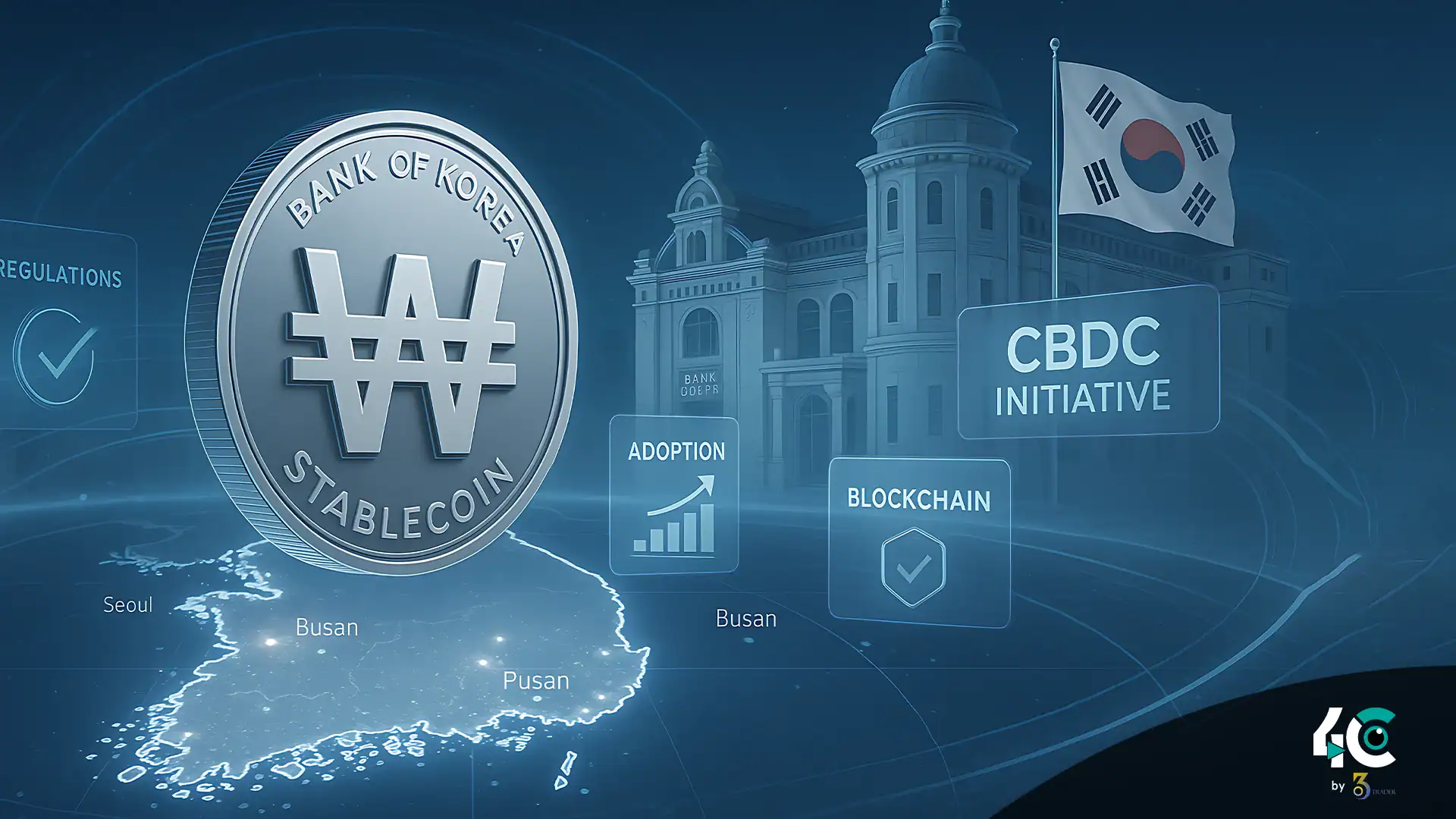South Korea Urges Cautious, Bank-Led Stablecoin Rollout
In South Korea, bank officials say that commercial banks should start issuing stablecoins before building up to unregulated virtual currencies. The Bank of Korea (BOK) believes that banks, which currently face strict controls from financial authorities, should be the first to issue won-backed stablecoins. After that, access to other financial sectors can be expanded.
During a recent press conference, Deputy Governor Ryoo Sang-dae stressed that banks’ launch of stablecoins would bring important safeguards. Ryoo elaborated that if banks are allowed to issue stablecoins first, this will create a buffer for market and consumer risks.
The central bank is now concerned about the role of stablecoins in South Korea’s economy and growth. Ryoo cautioned that if they are used extensively, it could result in a rapid outflow of capital and adversely affect the country’s foreign exchange policy. He asked how stablecoins would challenge the existing financial system and said that we must look into narrow banking and other norms.
The central bank is wary, but South Korea does not shut down innovation. Governor Rhee Chang-yong said that he is open to the idea of a won-backed stablecoin but said foreign exchange management remains the issue. Further, the BOK is working on a central bank digital currency (CBDC) project to challenge private stablecoin issues.
The central bank’s CBDC pilot, which started in collaboration with the Bank for International Settlements, will soon come to an end. After the government provides clearer information regarding the stance on stablecoin, one will proceed to the second phase of testing in coordination with domestic banks.
Meanwhile, lawmakers are also weighing in. The ruling Democratic Party, led by President Lee Jae-myung, has introduced the Digital Asset Basic Act. New legislation will allow companies with enough capital to issue stablecoins under new regulations, which further means that stablecoins emergence has become a central feature of the developing economy.
While other countries have quickly adopted AI, South Korea is being cautious about it. Visa is collaborating with Yellow Card to increase the adoption of stablecoins across Africa. The United Arab Emirates and Russia are working on central bank digital currencies.
In this rapidly growing field, South Korea seems to be here for a long-term play that balances progress and stability to ensure any move towards digital assets protects the economy and the people.



























